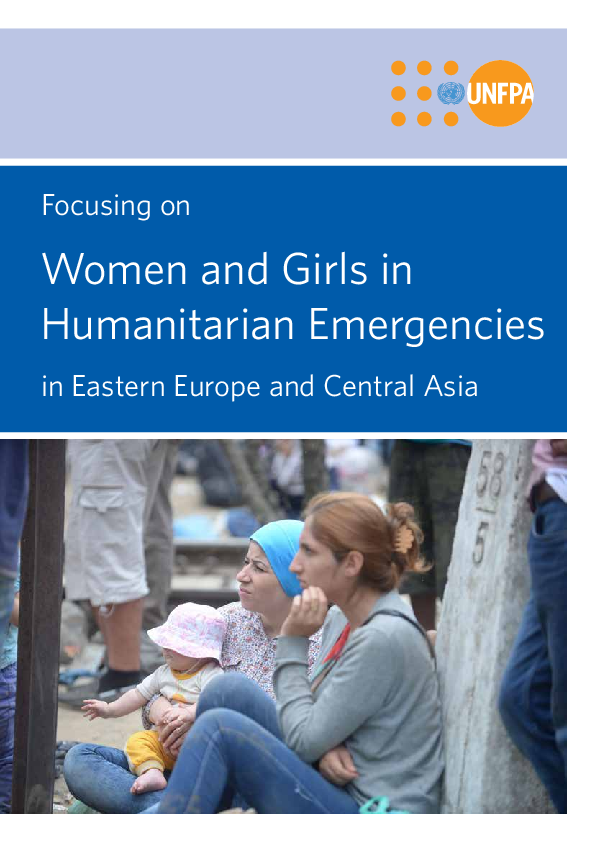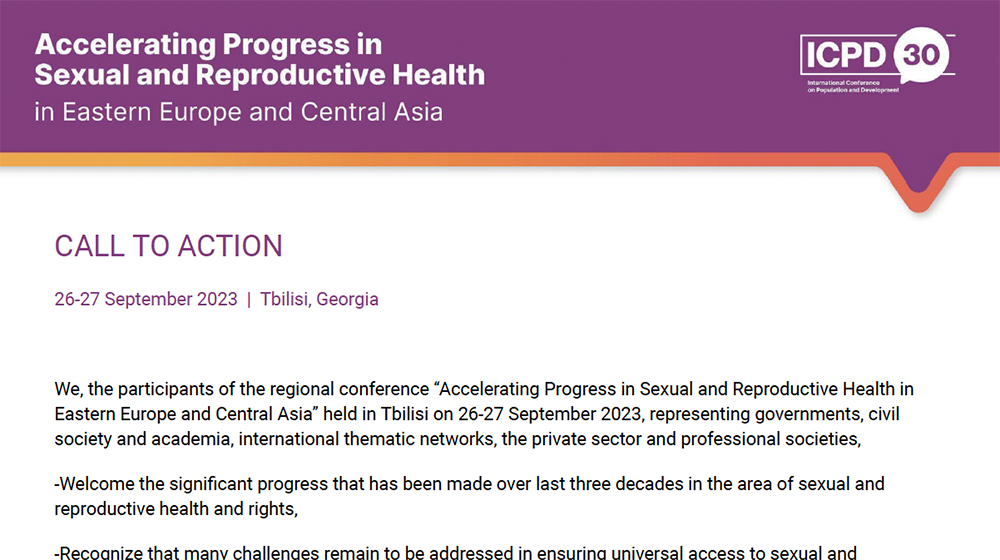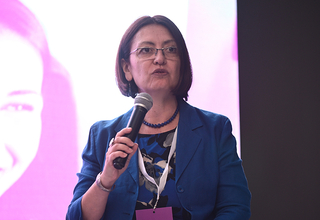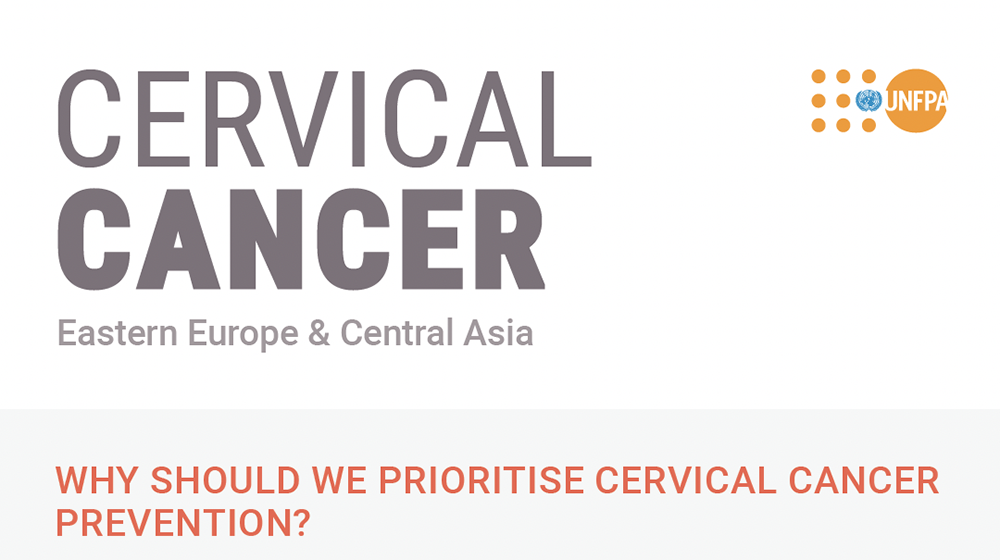People living in countries in the Eastern Europe and Central Asia region are vulnerable to humanitarian emergencies sparked by conflict both within the region itself and in neighbouring countries, and to those created by natural disasters. The Syrian refugee crisis that has spread into Turkey and onwards into Europe and the armed conflict in Ukraine both continue to test the readiness of humanitarian response efforts in the region, while floods and earthquakes remain a regular threat to many countries.
In any kind of emergency situation, women and girls are among those most affected. But issues related to their sexual and reproductive health (SRH) and to gender-based violence tend to be insufficiently addressed.
When women and adolescent girls can obtain sexual and reproductive health services, are protected from sexual and gender-based violence, and can access a variety of humanitarian programmes that deliberately tackle inequalities, the benefits of interventions grow exponentially. They also carry over from the acute phase of a crisis well into the future, as countries rebuild and people reclaim their lives and dignity, increasing the resilience of both communities and individuals.
This publication provides a brief overview of the key issues of concern regarding women and girls in humanitarian emergencies in Eastern Europe and Central Asia, UNFPA's work in the region, and priorities for the future.




